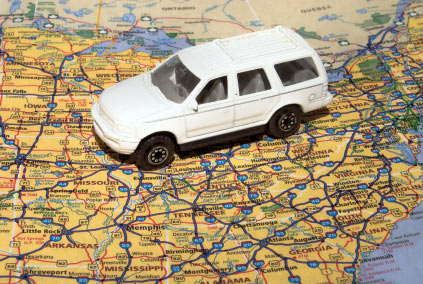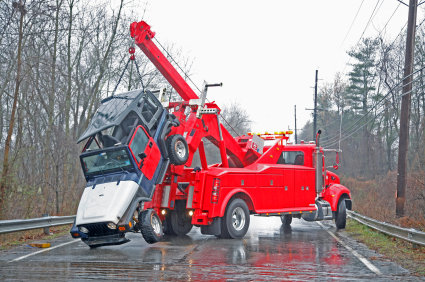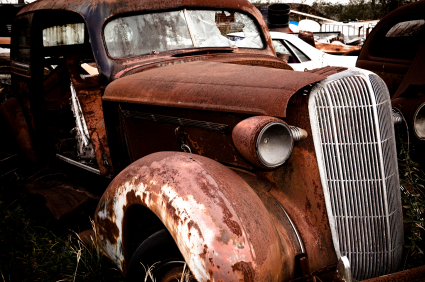When Your Auto Insurance Drops You
Why insurance companies drop clients, what you can do if you are dropped and when it is just time to go to a different company.
The jaw drop is a classic reaction to the letter that you are currently reading in your hand right now. The letter is from your insurance company and they have decided to not renew your policy. You may have had too many accidents, too many tickets or any number of reasons could be listed on that letter.
So what do you do when your auto insurance drops you?
Why Insurance Companies Drop Clients
When we talk about insurance companies dropping a client it is not in regards to your policy being cancelled because you didn’t pay your premium. A client that has been dropped by an insurance company gets a letter from the company that something has changed about the client or their driving record that the company doesn’t like and now they no longer wish to insure them.
The most common reasons for a client being dropped is too many accidents or too many points on their driving record from citations and accidents. Other reasons can be your credit score has become too low, there are too many high risk drivers in your home or you have been late paying your bill too many times.
What Can You Do if You are Dropped
If you get a letter from your insurance company that they are dropping you, read the letter very carefully to find out why. Then call the insurance company to speak to them about the reason. If they are dropping you because of too many accidents, request that they tell you exactly what they found on your CLUE report. The CLUE report is the report that insurance companies use to verify the number of and nature of accidents that someone has been in. CLUE reports are notorious for being wrong so make sure that they are dropping you based on correct information. If the information on your CLUE report is wrong, you will have to contact the company that submitted the information.
A letter stating that you have too many points on your driving record also needs to be verified to make sure that the citations and points on the record are correct. If they are not, contact the DMV that reported the information to your record. No matter the reason always verify that the insurance company is dropping you based on accurate information.
Moving On After Being Dropped
After checking to make sure that all of your information is correct and that there is nothing left to be done to stop from being dropped, it’s time to move on. Start calling around to your local insurance agencies to get quotes and also to insurance companies directly – or get quotes on our website.
Be honest as to why you are looking for new insurance and as to what is on your record. These new companies are going to pull up the same reports that your old company pulled up when they dropped you so there is no use in hiding information.
You will find that each insurance company has different criteria that they insure people under and your new company may be a little more forgiving than your last one.





